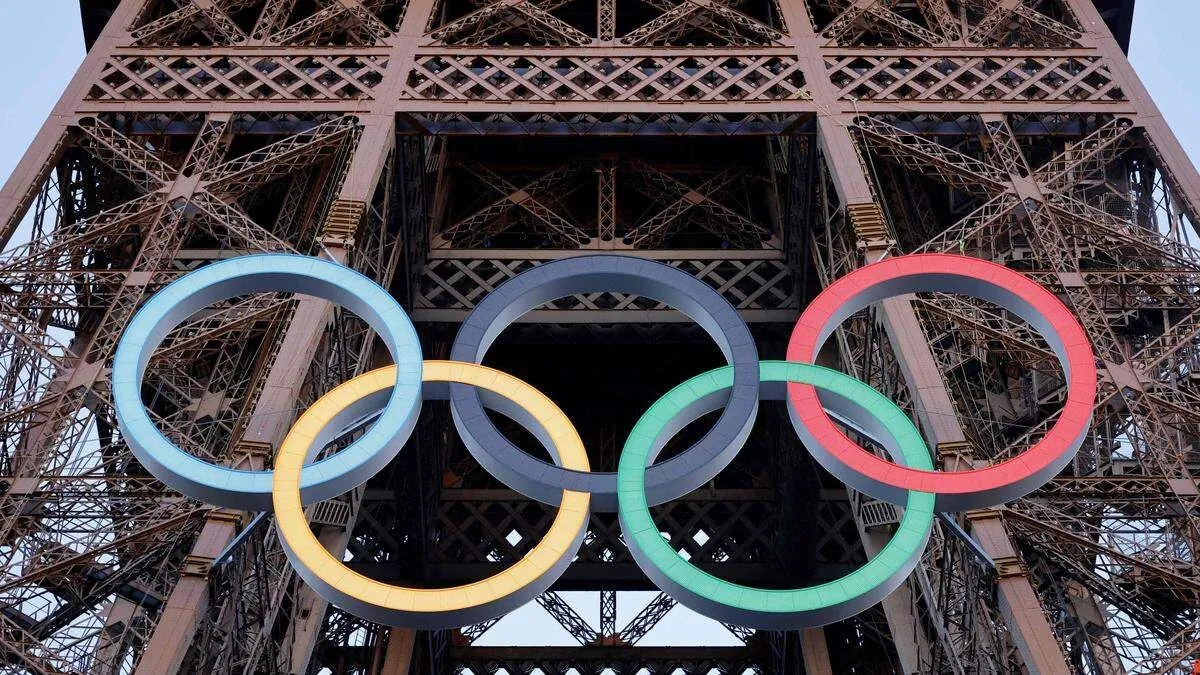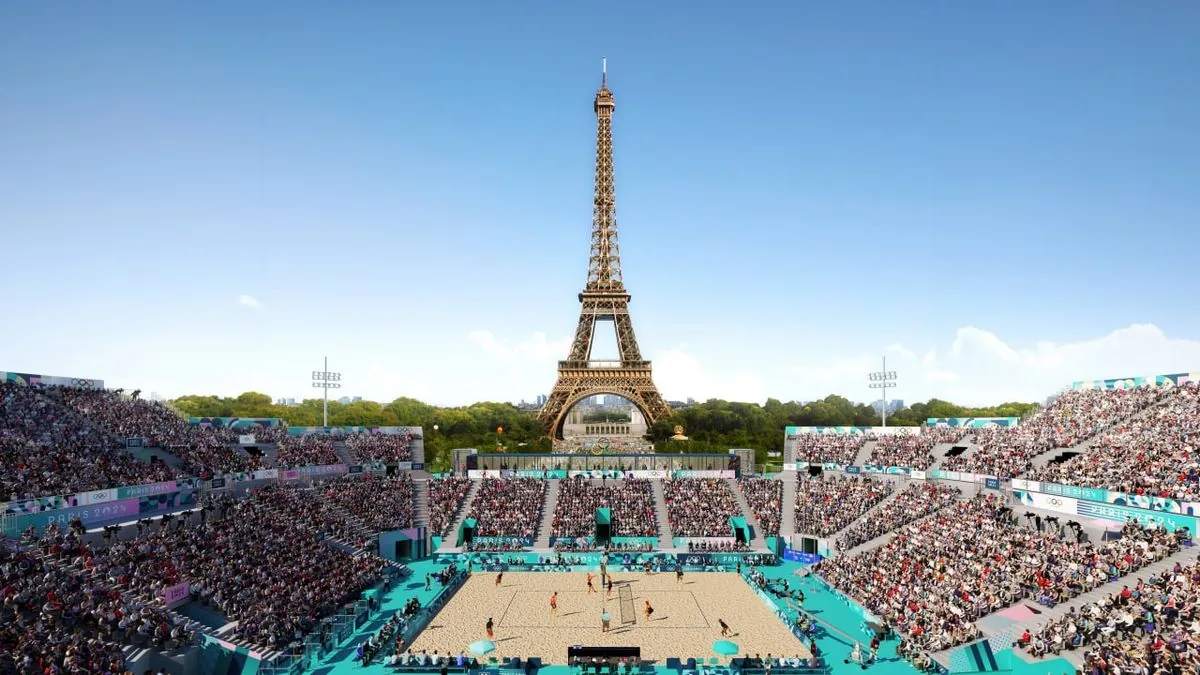Paris 2024: A Transformative Olympic Journey Concludes
The Paris 2024 Olympics conclude, leaving a legacy of sustainability and innovation. French enthusiasm surpassed expectations, while iconic landmarks and temporary venues showcased a new approach to hosting the Games.

As the Paris 2024 Olympic Games drew to a close on August 11, 2024, the French capital bid "au revoir" to an event that transformed both the city and the Olympic movement. After a century-long wait since its last hosting in 1924, Paris emerged from this summer romance with renewed vigor and a blueprint for future Games.
The French public's enthusiasm surpassed all expectations, with crowds cheering passionately for their athletes. Léon Marchand became a national hero, securing four gold medals in swimming events. His performances, along with those of judo champion Teddy Riner and mountain biker Pauline Ferrand-Prevot, ignited a fervor that spread throughout the city.
International athletes also left their mark on these Games. Armand Duplantis of Sweden broke his own world record in pole vault, while Simone Biles of the United States made a triumphant return to gymnastics, claiming three gold medals and a silver.
Paris showcased its iconic landmarks as Olympic venues, creating unforgettable backdrops for various events. The Eiffel Tower, completed in 1889 for the World's Fair, overlooked the beach volleyball arena, while the Grand Palais, built for the 1900 Universal Exposition, hosted fencing and taekwondo competitions. This innovative use of existing structures aligned with the organizers' commitment to sustainability and reduced carbon emissions.

The Games were not without challenges. Water quality issues in the Seine River, which flows 777 kilometers through Paris, affected some events. Security measures, while necessary, caused disruptions for local businesses. However, these concerns were overshadowed by the overall success of the event.
Paris' approach to hosting sustainable Games set new standards for future Olympic cities. The use of temporary venues and existing structures demonstrated that the Olympics can adapt to their host cities rather than the other way around. The sole purpose-built venue, an aquatics center in Seine-Saint-Denis, will serve as a lasting legacy for the local community.
"The 1.4 billion euros invested in cleaning up the Seine is one of the Games' most transformative legacies. We look forward to opening the river for public swimming next summer."
The Games also left an indelible mark on Seine-Saint-Denis, the poorest region in mainland France. The area, which covers just 236 square kilometers, saw significant improvements in infrastructure, particularly in swimming facilities.
As Paris returns to normal life, the spirit of the Olympics will continue to resonate. A victory bell from the Olympic stadium will find a new home in the restored Notre Dame Cathedral, set to reopen in December 2024. This symbol will serve as a lasting reminder of the unity and joy experienced during the Games.
The Paris 2024 Olympics have set a new standard for sustainability and innovation in hosting major sporting events. As the Olympic flame is extinguished, the City of Light shines brighter, having successfully balanced its rich history with a vision for the future.


































